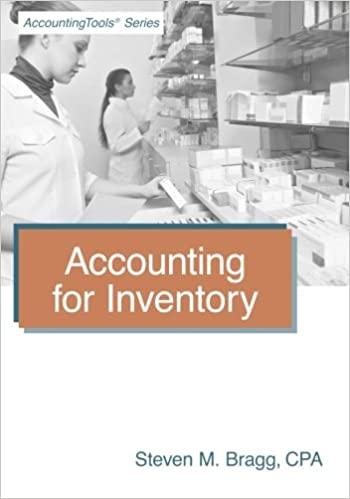Question
At age 53, Maria worked as a highly-successful and well-regarded engineer. She was married to Alan for 27 years. When they were married, Alan worked
At age 53, Maria worked as a highly-successful and well-regarded engineer. She was married to Alan for 27 years. When they were married, Alan worked part time, took care of their children (for the time that the children were younger) and attended to domestic chores, such as cleaning and cooking. They divorced 3 years ago, at which time they decided that, rather than sell their large, well-located home, they would continue to co-own it and cohabitate (but live in separate rooms). This arrangement has continued for 3 years. Their relationship is platonic. They get on very well with each other. Under the arrangement, Maria has continued to make the mortgage repayments and Alan has continued to do the cooking and cleaning.
Maria has a 28-year old niece, Nadia, who is on a disability pension, which amounts to approximately $500 per week. Maria regularly tops this up by giving Nadia an extra $250 per week, so that Nadia can afford her own place to live without having to share with others.
Maria has for many years been a member of an industry superannuation fund.
A year ago, Maria signed the superannuation funds Binding Death Benefit Nomination, which stated that her superannuation interests were to be distributed upon her death as follows:
- 25% to Alan
- 50% to Nadia
- 25% to the RSPCA, her favourite charity.
She signed this document and had it signed and witnessed by two receptionists at her workplace, and sent it to the trustee of the fund.
In February 2020, Maria had a superannuation balance of $1 million. This was 80% taxable and 20% tax-free component. Unfortunately, Maria died in a road accident in March 2020. At the time of Marias death, Maria and Alan were still living with each other with no plans to end their co-habitation arrangement.
Advise Alan, Nadia and the RSPCA:
- As to their entitlements to Marias superannuation.
- Assuming that they all get a portion of Marias superannuation, what tax would be payable on this? You are not required to make precise tax calculations. You are also not required to comment on the RSPCAs tax liability.
question is based and superannuation law and taxation treatment of superannuation of Australia under ITAA act 1997
Step by Step Solution
There are 3 Steps involved in it
Step: 1

Get Instant Access to Expert-Tailored Solutions
See step-by-step solutions with expert insights and AI powered tools for academic success
Step: 2

Step: 3

Ace Your Homework with AI
Get the answers you need in no time with our AI-driven, step-by-step assistance
Get Started


